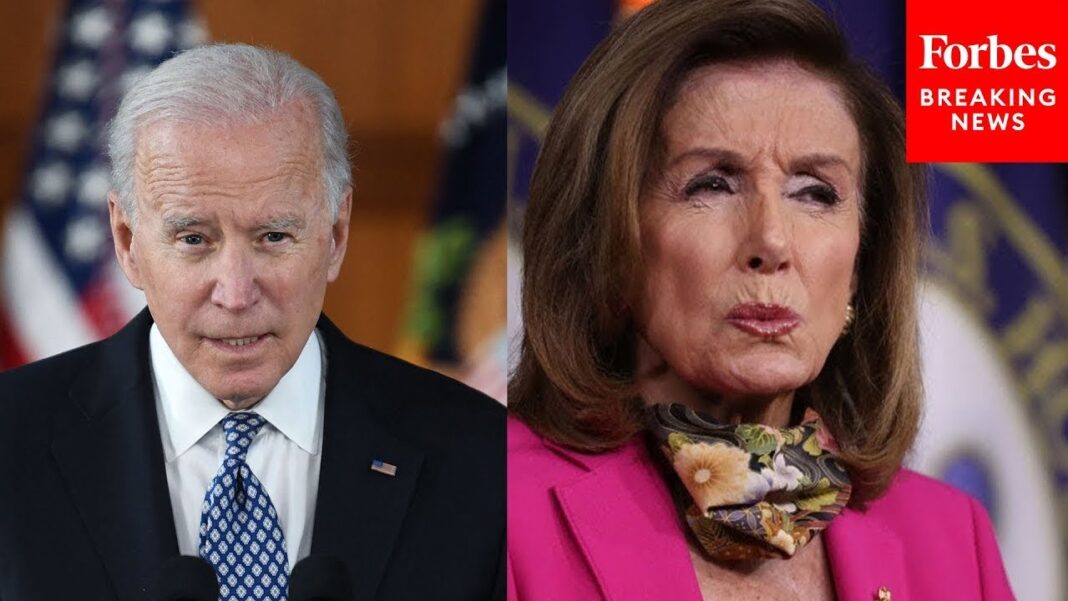
Democrats have been forced to postpone a vote on President Joe Biden’s ambitious $1.75 trillion budget bill, but plan to move forward with a vote on the bipartisan $1.2 trillion infrastructure bill.
The decision to postpone the budget vote, coming after negotiations with moderates fell through, is another loss for the party. Biden’s legislative agenda is now months off schedule, as leadership still cannot rally enough votes behind either bill to advance them individually or together.
But if Democrats manage to pass the infrastructure bill, it will be a much-needed win for the party, still reeling from the disappointing results of the Virginia and New Jersey gubernatorial elections.
Divisions in the party have now plagued leadership for months, causing Democrats across the ideological spectrum to grow increasingly frustrated. In the days leading up to the scheduled vote on Friday, it was clear that these divisions persisted.
In a Tuesday letter to Speaker of the House Nancy Pelosi (D-Calif.) moderates said that they had several conditions that must be met before they would support the budget bill. Five moderates—Reps. Josh Gottheimer (D-N.J.), Jared Golden (D-Maine), Stephanie Murphy (D-Fla.), Kurt Schrader (D-Ore.), and Ed Case (D-Hawaii)—signed the letter expressing these demands.
“We cannot lend our support to advancing the [Build Back Better] Act until we have had a chance to review these scores which provide the true cost of the legislation,” the moderates wrote. Specifically, they demanded 72 hours to review the text of the bill, confirmation from the Senate that the upper chamber will not make changes to the bill, and “the proper CBO/JCT scoring information.”
The text of the bill, around 2,000 pages long, was released publicly only hours before the vote was set to begin, giving lawmakers practically no time to read and digest the bill.
Confirmation from the Senate that they will not change the bill was also a high threshold to meet by Friday, as swing voters like Sens. Kyrsten Sinema (D-Ariz.) and Joe Manchin (D-W. Va.) have not committed to voting for the bill at all, while progressives like Sen. Bernie Sanders (I-Vt.) have demanded that the bill be “strengthened.”
By Joseph Lord






